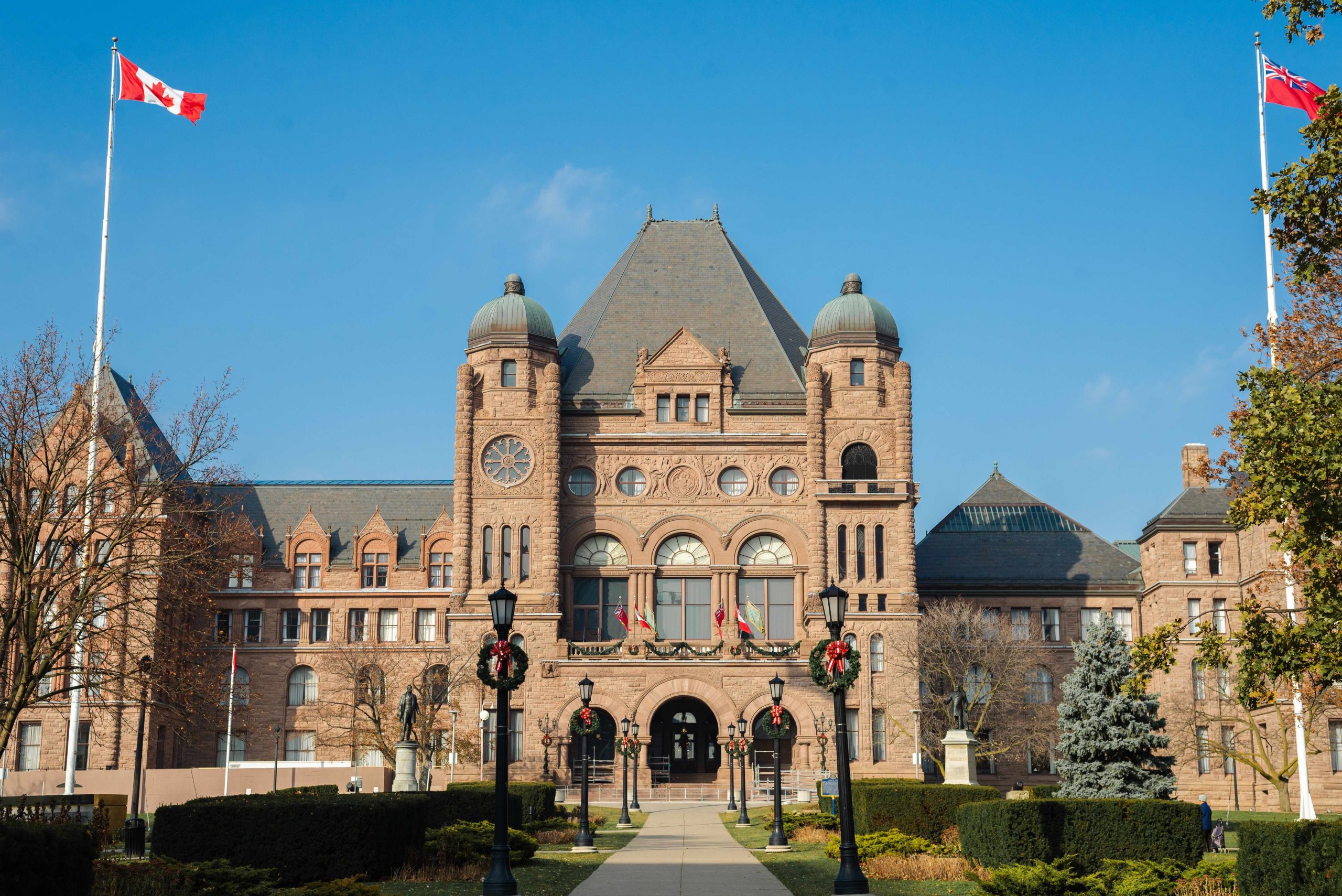Shahroze Rauf | News Editor
Featured Image: The Student Choice Initiative’s overruling by the Ontario Divisional Court will be appealed by the Ford government. | Courtesy of Pixabay
This winter, students will no longer have the option to opt out of non-essential fees.
The Ford government’s Student Choice Initiative (SCI) was quashed by the Ontario Divisional Court, and will be appealed by the provincial government.
Colleges and Universities minister Ross Romano confirmed this decision shortly after the Ontario courts conclusion, but he did not reveal what costs would look like for such an action.
“As we’ve indicated before, we wanted to ensure, as a government, that we do everything in our power to promote affordability for students,” said Romano.
York issued an email to students explaining what changes would occur for students in the upcoming semester.
“You may have heard that on November 21, 2019, the Divisional Court of Ontario overturned the SCI, a directive introduced by the Ontario Provincial Government in January 2019,” the message read.
“As a result, York University will be suspending the option to opt out of non-essential fees for the 2020 Winter Term. All students enrolled in Winter 2020 term courses will be charged all non-essential fees pertaining to those courses, even if you opted out of some or all non-essential fees in the Fall 2019 opt-out period.”
The YFS contributed through their We the Students campaign in helping student and campus organizations combat the SCI, among other issues.
“On November 6, 2019, we organized a one-day student strike, to let this government know that the students united will never be defeated. We picketed at Main Gate, which is located at the intersection of York Boulevard and Keele Street,” read a statement on
But, some students are not thrilled for this change. Second-year journalism student at Seneca@York Melissa Mihalis says she feels offended.
“I don’t have time to work yet I am forced to pay for stuff I don’t even use? It’s unjust, like taking money from the poor,” says Mihalis.
Second-year journalism student at Seneca@York James Mackin echoed these sentiments, and stressed the need for students to be informed by institutions.
“If we’re forced to pay, we should at least get an extensive breakdown of the fees and know where the money is going towards,” says Mackin.
But other students, like fourth-year psychology student Alejandra Tobar, feel that this will help campus life.
“I feel all these fees go towards something, so I don’t see it as a bad thing. It may be frustrating, but it is helping to fund a lot at school,” says Tobar.
Non-essential fees will only apply to winter term courses, not including fall and full year courses. Students can expect regular course fees and essential fees on their statements in January, with non-essential fees appearing in February and due to be paid in sometime in March. This also includes fees for College Councils.


